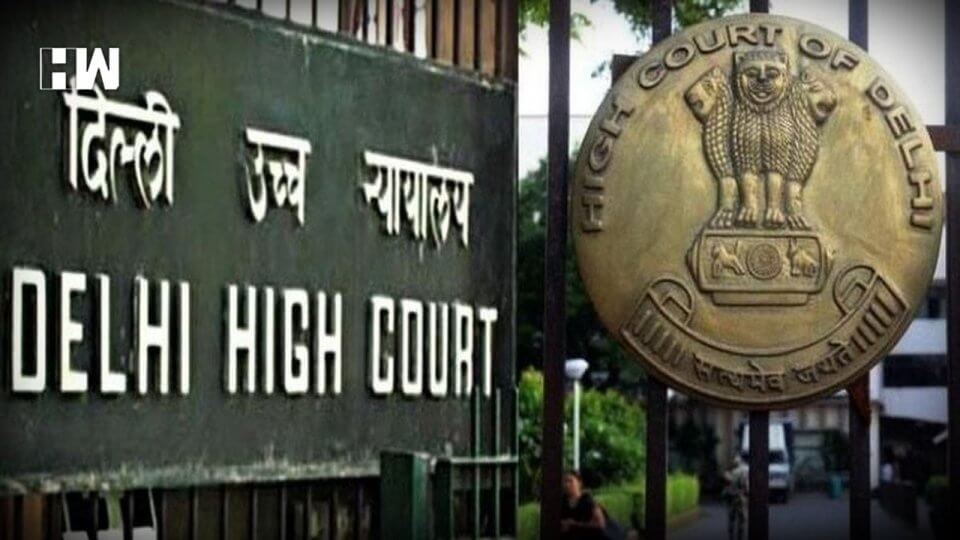New Delhi | Sting operations are an “important part of society” as they help uncover misdeeds and defamation law cannot be used to gag, suppress and silence the press and the media, the Delhi High Court has said.
The court said it cannot be forgotten that the law of defamation has potential to be an unreasonable restriction on the freedom of speech and expression guaranteed by the Constitution and the courts owe a duty to ensure that the defamation law is not exploited.
Justice Rajiv Sahai Endlaw’s observations came while dismissing a defamation suit filed by Indian Potash Ltd (IPL), a central government undertaking, seeking Rs 11 crore damages from the owner and editor of a news channel.
A programme was aired on the news channel on April 27-28, 2007 featuring a sting operation that showed that the company was allegedly selling adulterated or synthetic milk in western Uttar Pradesh.
The court said the company has not proved to have suffered any defamation or consequence thereof and it was not inclined to return a finding of defamation or even award nominal damages to the plaintiff against the media house.
“Sting operations, possible in the recent past, are an outcome of advancement in technology which permits video and audio recording, without the target person coming to know. Such sting operations occupy a place of their own and are today an important part of the society.
“Misdeeds are always clandestine, shrouded in secrecy and rarely proved owing to complexity of all involved therein, and with hardly any evidence. None indulging in such misdeeds, admits thereto, least to journalists and media persons. The true picture is presented, by laying a trap,” it said.
The court added that in this telecast also, the media persons portrayed themselves to be engaged in the business of milk and interested in availing services by adulterators or wanting tips.
It observed that adulteration of milk, a vital food product which is widely valued in our society as an essential ingredient especially for children, has always been a subject of public interest and concern since it affects health and well being.
The court said the only way to bring the same in the public glare is through such sting operations which may not result in punishing the guilty but at least has the effect of stopping or suspending the misdeeds, even if for a short time.
It said the press and the media are not exempt or always protected from the general law relating to defamation but it is to be kept in mind that defamation law is not to be used to gag, silence, suppress and subjugate press and the media.
“We are today living in an era of ‘Right to Information’ with matters hitherto before inaccessible to the public becoming accessible to the public and ultimately leading to good governance,” the court said.
It also referred to recent judgement in Rafale matter and said the Supreme Court has gone to the extent of holding that the right to information prevails even over the Official Secrets Act and it has to be read harmoniously with.
As an independent media platform, we do not take advertisements from governments and corporate houses. It is you, our readers, who have supported us on our journey to do honest and unbiased journalism. Please contribute, so that we can continue to do the same in future.

